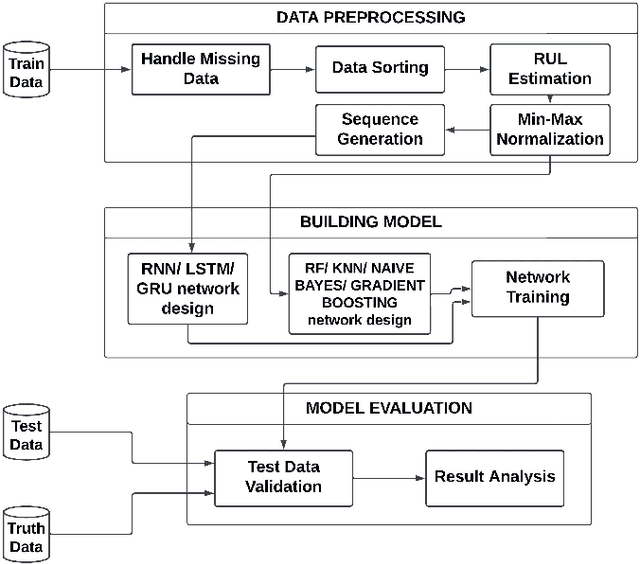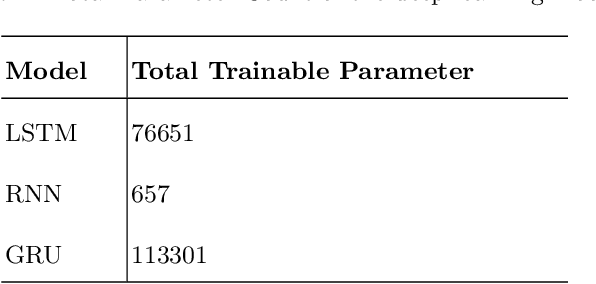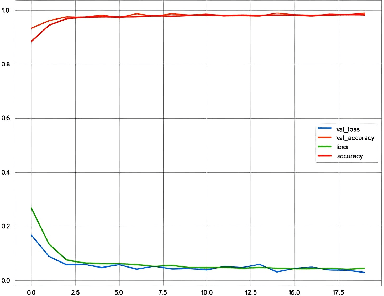An Interpretable Systematic Review of Machine Learning Models for Predictive Maintenance of Aircraft Engine
Paper and Code
Sep 23, 2023



This paper presents an interpretable review of various machine learning and deep learning models to predict the maintenance of aircraft engine to avoid any kind of disaster. One of the advantages of the strategy is that it can work with modest datasets. In this study, sensor data is utilized to predict aircraft engine failure within a predetermined number of cycles using LSTM, Bi-LSTM, RNN, Bi-RNN GRU, Random Forest, KNN, Naive Bayes, and Gradient Boosting. We explain how deep learning and machine learning can be used to generate predictions in predictive maintenance using a straightforward scenario with just one data source. We applied lime to the models to help us understand why machine learning models did not perform well than deep learning models. An extensive analysis of the model's behavior is presented for several test data to understand the black box scenario of the models. A lucrative accuracy of 97.8%, 97.14%, and 96.42% are achieved by GRU, Bi-LSTM, and LSTM respectively which denotes the capability of the models to predict maintenance at an early stage.
 Add to Chrome
Add to Chrome Add to Firefox
Add to Firefox Add to Edge
Add to Edge